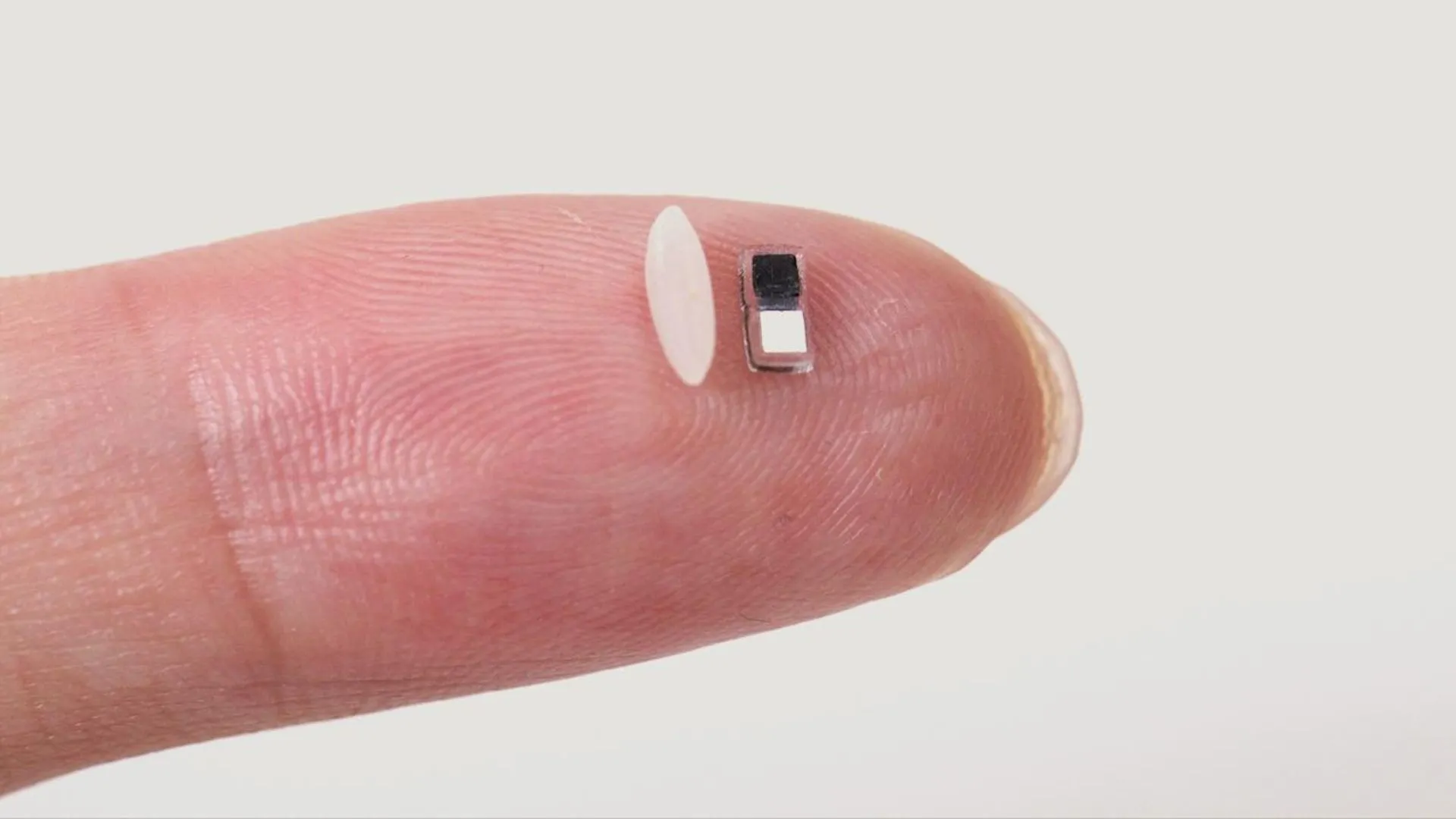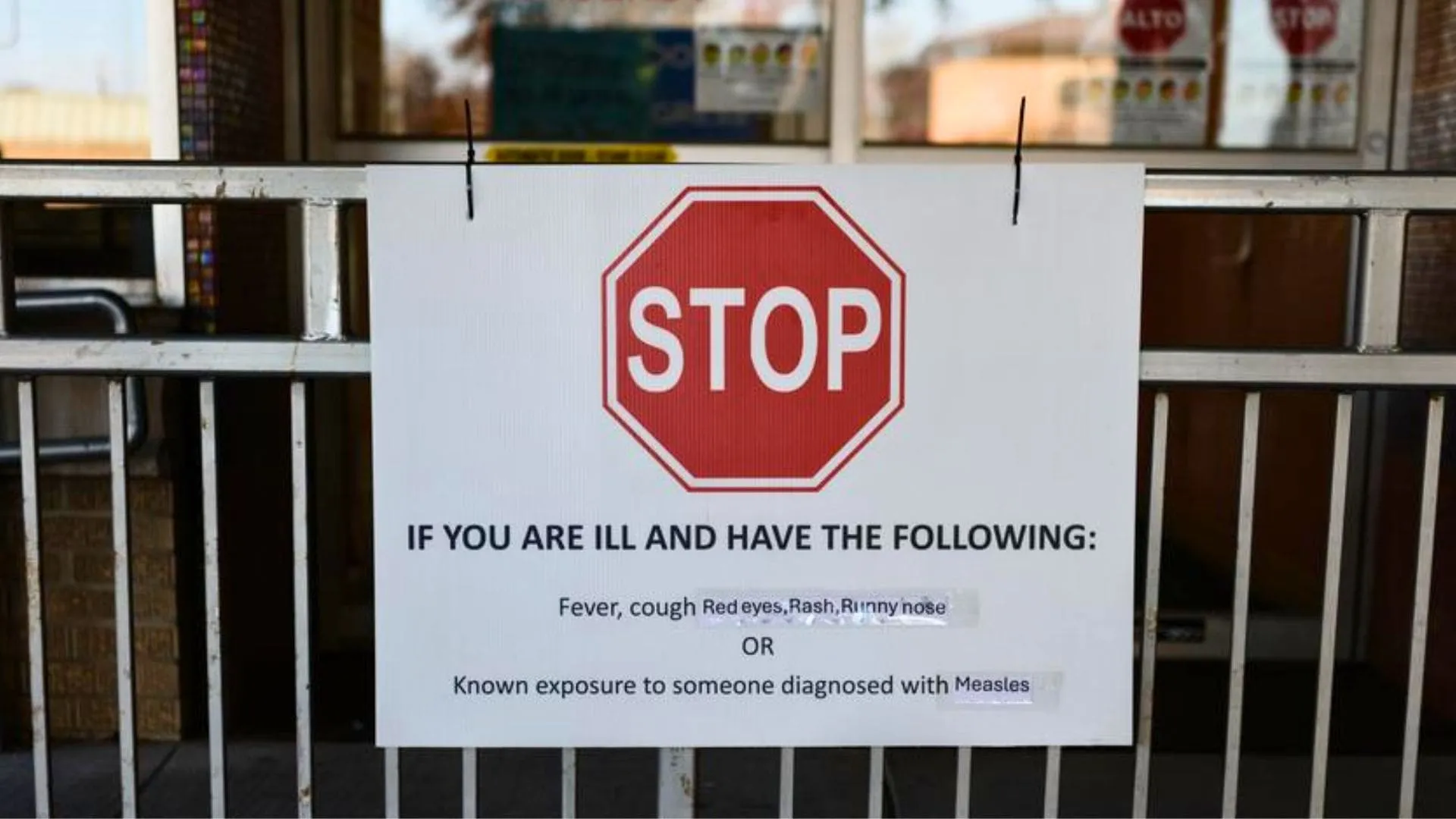Obesity and overeating are global health crises, with millions of people struggling to maintain healthy eating habits amidst a world full of temptations. While there are many factors contributing to this epidemic, a groundbreaking study conducted by the Monell Chemical Senses Center has uncovered an intriguing connection between overeating and memory systems in the brain. This research suggests that specific neurons in the hippocampus—an area of the brain associated with memory—play a key role in food cravings, overeating, and ultimately, body weight.
The implications of this discovery are profound. Not only does this finding provide insight into the mechanisms behind overeating, but it also opens the door to new approaches for treating obesity by targeting memory circuits that influence food intake. Here, we will explore the key findings of this study, the role of the hippocampus in memory and eating behavior, and how this research could shape future treatments for obesity.
Key Findings From the Study
Memory Neurons Identified
One of the most significant findings of the Monell Chemical Senses Center’s study is the identification of specific neurons in the hippocampus that store memories related to sugar and fat consumption. The hippocampus, a brain region traditionally linked to memory formation, was found to encode food-related memories that influence cravings and dietary preferences.
For instance, neurons in the hippocampus store information about the sensory properties of food, such as taste and texture. These sensory experiences are tied to rewarding feelings and emotional responses that shape future eating behavior. This means that the brain associates specific foods, especially calorie-dense options like those high in sugar and fat, with pleasure and satisfaction. Over time, these memories reinforce the desire to consume these foods, which can lead to overeating.
Impact on Diet-Induced Obesity
The study also revealed a fascinating connection between these memory neurons and diet-induced obesity. By silencing the sugar-responsive neurons in the hippocampus, researchers found that subjects were less inclined to consume sugar and, consequently, gained less weight, even when exposed to a high-sugar diet. This suggests that these specific neurons play a direct role in influencing food preferences and eating behaviors related to sugar consumption.
The findings emphasize that memory is not just a passive process in the brain; it is actively involved in regulating metabolism and body weight. This is particularly important for understanding obesity, as the memory circuits linked to sugar consumption can make it difficult for individuals to resist cravings and regulate their intake of sugary foods.
Memory’s Direct Role in Eating Behavior
The study also demonstrated that activating these food-related memory neurons enhances the recall of pleasurable eating experiences, thereby increasing food intake. By stimulating these neurons, the brain remembers the rewarding experience of eating sugar-rich or fat-rich foods, leading to an increased drive to consume those foods again.
This research points to the idea that overeating is not only driven by biological hunger cues but also by memories associated with the pleasure of eating certain foods. When food-related memories are activated, the brain is more likely to crave those specific foods, even in the absence of hunger.
Separate Circuits for Sugar and Fat
Interestingly, the study found that there are distinct neural circuits for memories related to sugar and fat. This specialization indicates that the brain has a precise and detailed system for associating different types of food with specific memory cues. The separation of these circuits may help explain why some individuals have a stronger craving for sugar, while others are more driven by fat-rich foods.
This finding suggests that personalized approaches to obesity treatment could be more effective by targeting these specific memory circuits, depending on whether an individual’s overeating tendencies are linked to sugar, fat, or both. By understanding the unique memory systems associated with different types of food, new strategies can be developed to modify eating behavior in a more targeted manner.
Memory, Overeating, and Metabolic Health
The hippocampus, a region of the brain traditionally known for its role in memory, evolved to help animals locate and remember nutrient-rich food sources. This ability was crucial for survival in environments where food was scarce and the search for nourishment required a good memory. However, in the modern world, where food is abundant and easily accessible, this same system can work against us. The hippocampus now encodes memories of calorie-dense, processed foods, reinforcing overeating behavior and contributing to the obesity epidemic.
In today’s food-rich environment, the brain’s memory circuits—especially those in the hippocampus—are constantly exposed to food-related stimuli. From advertisements to the sight of food on store shelves, these cues trigger memories of past eating experiences, often leading to cravings and overeating. As a result, the brain’s natural response to food stimuli becomes exaggerated, driving individuals to consume more than they need for nourishment.
Furthermore, this research highlights the connection between memory and metabolic health. The more a person’s hippocampus is exposed to food-related memories, the stronger their cravings and the more likely they are to overconsume unhealthy foods. The direct link between memory and metabolic processes opens up exciting possibilities for addressing the root causes of overeating, rather than just focusing on external factors like portion size and calorie intake.
Protective Mechanisms: Disabling Sugar-Responsive Neurons
One of the most promising aspects of this research is the discovery that disabling sugar-responsive neurons in the hippocampus can help protect against diet-induced obesity. When these neurons were silenced in experimental models, sugar consumption decreased, and weight gain was prevented—even in environments rich in sugary foods.
This finding suggests that interventions aimed at targeting specific memory neurons could help reduce overeating and support weight management. By modulating memory processes in the brain, it may be possible to decrease the drive to consume sugary or calorie-dense foods, leading to healthier eating behaviors and better weight control.
Metabolic Link: Targeting Hippocampal Memory Circuits for Obesity Treatment
The study’s findings suggest that targeting hippocampal memory circuits could be a groundbreaking approach to treating obesity. By modifying the way the brain processes food-related memories, researchers may be able to develop new therapies to reduce overeating and promote healthier food choices.
For example, treatments that target memory circuits could help disrupt the neural associations that drive cravings for high-calorie foods. By intervening at the level of the hippocampus, it may be possible to reduce the intensity of food cravings, making it easier for individuals to resist unhealthy food choices. Additionally, this approach could complement other weight loss strategies, such as dietary changes and exercise, by addressing the underlying cognitive factors that contribute to overeating.
Potential for Obesity Treatment
This innovative research provides hope for new treatment options for obesity, a condition that affects millions of people worldwide. By focusing on the brain’s memory systems, rather than just external behavioral cues, treatments could be developed to directly target the neural circuits that influence food cravings and overeating. These treatments could reduce the impact of food-related memories, making it easier for individuals to resist the temptation of calorie-dense foods.
The ability to modify memory circuits related to food intake is a game-changer in the field of obesity research. By harnessing the power of neuroscience, new therapies could be developed that are more effective and sustainable than traditional weight-loss methods. Whether through targeted drug treatments, cognitive therapies, or neurostimulation techniques, this research opens the door to a future where overeating and obesity are more easily managed.
The discovery of the link between memory circuits in the hippocampus and overeating represents a significant breakthrough in our understanding of how food cravings and overeating are regulated in the brain. By identifying the specific neurons that store food-related memories, researchers have uncovered a new pathway that influences eating behavior and metabolism. This research offers exciting possibilities for new treatments targeting these memory circuits, which could revolutionize the way we approach obesity and overeating.
As we continue to explore the connection between the brain, memory, and eating behavior, it is clear that a more comprehensive understanding of how our brains process food-related memories will be key to addressing the growing obesity epidemic. With further research and innovation, we may one day have the tools to break the cycle of overeating and help individuals lead healthier, more balanced lives.























